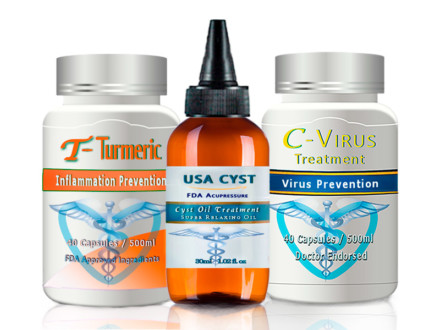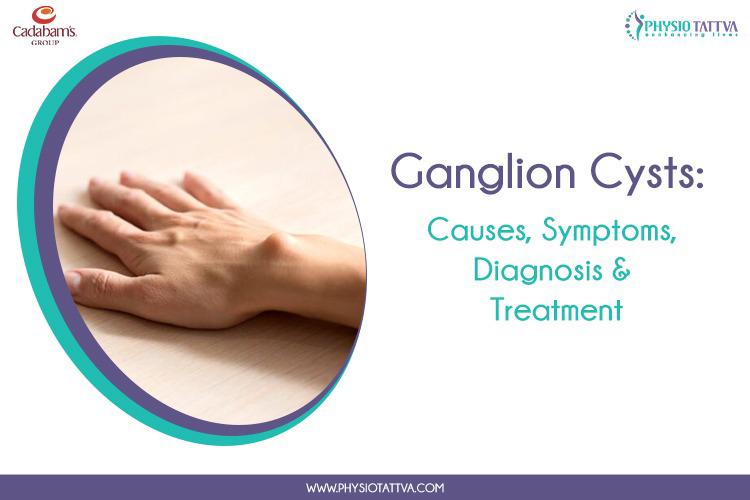
Treatment for ganglion cysts can include several different types of medications. Some of these medications are over-the-counter or are prescribed by a doctor. Other treatments include topical plasters, heat and ice packs, and various poultices. Surgical removal of the cyst can lead to complications, such as damage to surrounding blood vessels and tendons. In some cases, the cysts can come back despite the treatment.
Symptomatic ganglion cysts often require the use of anti-inflammatory medicines to ease the pain and swelling. In some cases, a doctor may recommend surgery to remove the cyst. Surgery can also be a treatment option for ganglion cysts. A surgical procedure called aspiration can remove the fluid within a ganglion cyst. This procedure is done in the doctor’s office. It can help rule out other medical conditions by revealing the exact location and size of the ganglion cyst.
In some cases, a ganglion cyst will be removed without treatment, depending on the severity. Sometimes, a doctor may perform a simple procedure to remove the cyst. This method involves removing the fluid inside the ganglion cyst. The resulting sterile fluid will be injected into the affected area. However, this procedure can be painful and may even cause the cyst to return in the future. This is why treatment is always important.
Surgical removal of ganglion cysts is not recommended for ganglion cysts unless they cause symptoms. If there are no symptoms, a doctor may recommend that you get a checkup. In many cases, these cysts will clear up without any treatment. If you suffer from ganglion cysts, the best treatment will be to go to your doctor for a consultation. You will need to get an x-ray to confirm the condition.
Your doctor will discuss your medical history to determine if the cyst is a sign of an underlying disease. While a doctor may suggest certain treatments to help you manage ganglion cysts, a doctor can also prescribe certain medications to reduce the swelling. Depending on the type of treatment, these medications can be prescribed by a physician. If they are not enough, they may lead to other complications. It’s important to discuss the symptoms with your doctor to ensure that you are getting the best treatment possible.
The most effective treatment for ganglion cysts is a combination of medications. Immobilization helps reduce the size of the cyst and relieve pressure on the nerves that surround it. But, this treatment is not always successful and the ganglion cyst may return after treatment. If you don’t want to go under the knife, you can try the following ganglion cyst medications. They will help you with the pain and swelling caused by the ganglion cyst.

The most effective treatment for ganglion cysts is surgery. The surgeon will remove the ganglion cyst, but he will leave a small scar. Then, he will perform a procedure to drain the fluid from the ganglion cyst. This operation may cause complications, including recurrence of the cyst. While surgery can reduce the size of the ring and reduce the pain, it may cause the cyst to recur.
During the operation to remove the ganglion cyst, the patient will be immobilized for the duration of the procedure. The goal of this treatment is to reduce the size of the cyst and relieve pressure on the nerves. More severe ganglion cysts may require surgery. It is possible to remove the cyst surgically. Most ganglion cyst medications are not suitable for this type of treatment.
The patient will be asked about the medical history and symptoms they are experiencing. They may also be asked to discuss the size of the ganglion cysts and whether they have experienced pain. A doctor may perform x-rays to diagnose the condition. Although x-rays are not always accurate, they can show clear images of the cyst. Therefore, careful diagnosis is necessary for the treatment of ganglion cysts.
Most ganglion cysts go away on their own without treatment, but some may be too painful or uncomfortable to treat. Site www.healthsouthsunrise.com
may recommend aspiration to remove fluid from the cyst. During this procedure, a healthcare professional will insert a needle into the ganglion and take a sample of fluid. The liquid from the aspiration will be tested in the laboratory. If the ganglion cyst is too painful, medication may be needed.